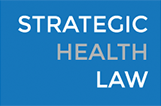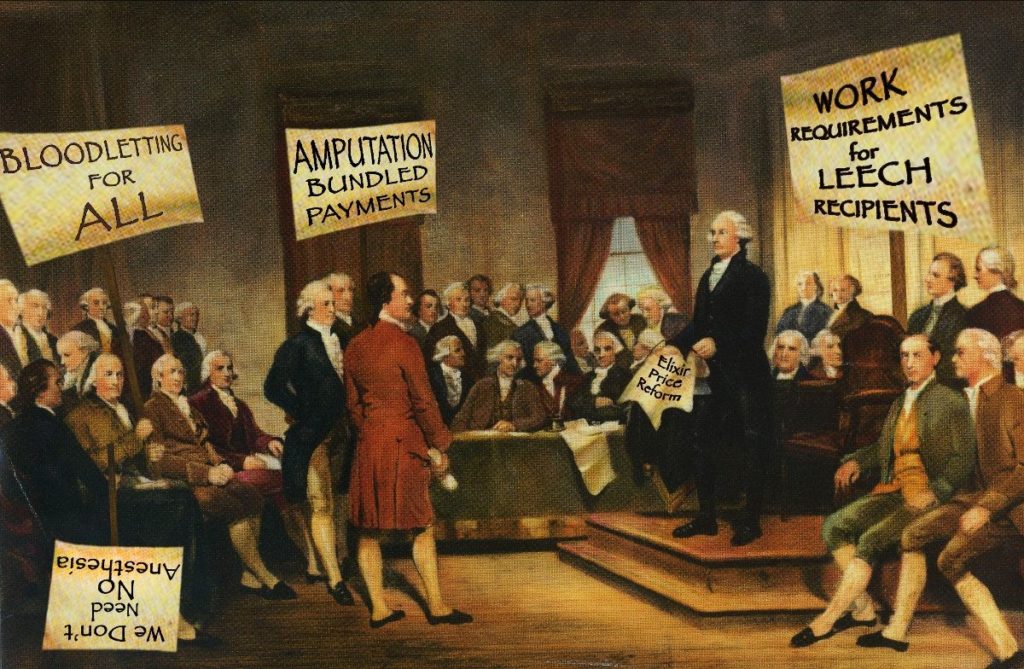Top of Mind Tuesday: The No Surprises Act–Finally, a Federal Fix for Surprise Billing

By Sandra Durkin
At first glance, surprise billing seems like an issue that should have been straightforward to address. Patients, health plans, providers, and legislators of both parties supported legislation to protect consumers from unexpected medical bills from out-of-network providers. Nevertheless, lawmakers continued to debate the issue for years. In December, in the midst of a pandemic, during which some patients received substantial bills related to their COVID-19 care, Congress enacted federal legislation to rein in unexpected bills with the No Surprises Act, a ban on surprise billing tucked into the year-end spending bill passed on December 21, 2020. The prohibition goes into effect on January 1, 2022. Before that, we will see new rules from the Department of Health and Human Services (HHS) establishing processes for resolving out-of-network payment disputes between providers and those health plans subject to the new law.
The time it took to get the No Surprises Act passed is, well, surprising, when you consider that limits on balance billing have been in place in large segments of the industry for years. For example, Medicare beneficiaries have long been protected from out-of-network charges. In Medicare Advantage (MA), patients pay only the cost-sharing amounts specified in the plan (unless a patient in a closed-network plan opts to use an out-of-network provider without authorization), and there are limits on how much providers can bill MA plans for out-of-network services. At the state level, thirty-two states have laws protecting insured plan enrollees from surprise out-of-network bills as of November 2020, the majority of which provide comprehensive protections, including hold harmless protection for patients and a binding dispute resolution process between insurers and providers to determine disputed payment amounts.
How does the No Surprises Act interact with existing protections against surprise billing? Notably, the No Surprises Act does not disrupt the longstanding protections for beneficiaries of government programs. Moreover, it should not undermine protections in those states that already have protections. The No Surprises Act fills in the gaps that existed in surprise billing protections by creating protections for the approximately 60% of privately covered Americans enrolled in self-insured group health plans that are regulated by ERISA but not subject to state insurance laws, as well as enrollees in states without patient protections.
The No Surprises Act protects patients from surprise bills for (1) out-of-network emergency care (including air ambulance and ancillary services) provided at an out-of-network facility or an in-network facility by an out-of-network provider; and (2) out-of-network, non-emergency care provided at in-network facilities without a patient’s informed consent. Specifically, private health plans are required to cover these services without prior authorization and to apply in-network cost sharing, and to count cost-sharing payments for these services toward deductible and out-of-pocket cost-sharing limits.
Providers are banned from billing patients beyond the applicable in-network cost-sharing amounts. There is a limited exception that permits out-of-network providers to balance bill for certain non-emergency services if the provider gives prior written notice 72 hours in advance and obtains the patient’s written consent. The notice must include an estimate of the out-of-network charges and include a list of other participating providers in the facility. Providers who bill in violation of these provisions may face enforcement actions and civil monetary penalties as high as $10,000. In recognition of the active role many states have already taken against surprise billing, the No Surprises Act authorizes (but does not require) states to enforce the No Surprises Act in the first instance; HHS will step in to enforce the Act only if states fail to do so.
The biggest point of contention between advocates for surprise billing legislation at the federal level has been how to resolve disputes between plans and providers overpayment amounts, with health plans and employer groups supporting a system based on benchmark reimbursement rates and providers tending to support arbitration without reference to benchmark rates that could result in lower payments. The No Surprises Act, as finalized, provides for an arbitration process in which the arbiter will consider a variety of factors, including the median contracted in-network rate for services, the complexity of the care, the scope of services, and good faith or lack thereof to resolve the dispute; the arbiter is prohibited from considering Medicare and Medicaid rates or a provider’s usual and customary or billed charges. Congress included several mechanisms to encourage settlements, including a thirty-day negotiations period prior to beginning arbitration, a ninety-day cooling off period, and a fee-shifting provision. We anticipate that resolving disputes over out-of-network payment rates will be administratively burdensome for plans and providers.
Many details of the payment and dispute resolution processes remain open, to be resolved by HHS, along with the Departments of Labor and Treasury, via rulemaking. Specifically, HHS must establish the methodology for plans to determine payment amounts, the information plans must share with providers when making determinations, the geographic areas to be used for calculating median in-network rates, time limits for arbitration, and how providers may batch claims for similar services. Additionally, HHS may establish a formal process for receiving complaints that health plans have violated the requirements of the No Surprises Act. With a rulemaking deadline of July 1, 2021, the regulators have a tight deadline to resolve these outstanding issues.
Though the problem of surprise billing was obvious, the complexity of the healthcare system, with its many stakeholders, makes the solution less so. Now that we have a legislative fix in the form of the No Surprises Act, there remains considerable work to be done for regulators, health plans, and providers to be prepared to implement and comply with the Act by January 1st.




